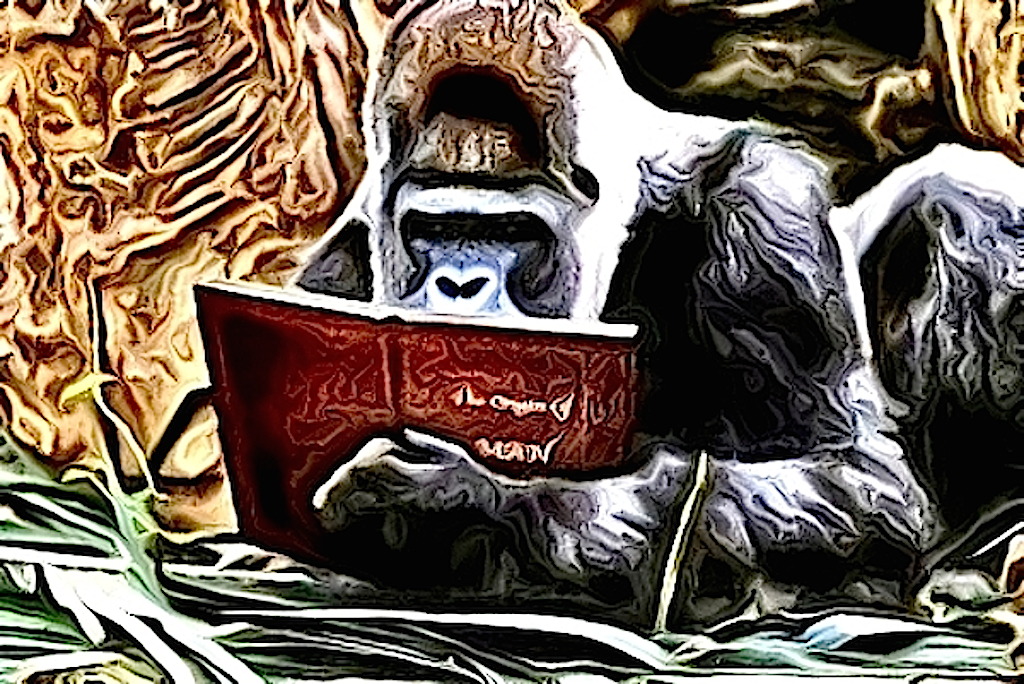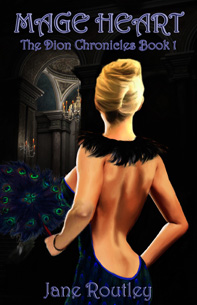My friend and fellow writer Tor Roxburgh was kind enough to mention me in this charming article on ABC on-line. Everyone fusses about the death of written communication but Tor thinks its just about a change of style.
One hundred and fifteen years ago, my great-grandfather and great-aunt left Ballarat on a European tour. Great Aunt Minnie wrote letters home.
She complains of ‘flatulency’, comments unfavourably on fashion in Marseilles and mentions catching sight of Queen Victoria in Nice.
If young Minnie had been online, you can imagine her posting a selfie with Queen Victoria in the background, blogging about the merits of trousers for women and posting her intention to go gluten free (probably without mentioning her flatulence).
Back then, people shared their ideas and experiences in letters. Today, we share online.
In contrast to Minnie’s letters, my great-grandfather’s letters are dreary and bigoted. He says the ‘natives’ of Colombo are ‘a dirty slovenly lot’, is focused on money and is affronted that Europe’s Catholics don’t respect ‘the sacredness of the Sabbath’.
While we might have to adjust our style to suit new media, our chances of engaging our readers haven’t changed.
So what style adjustments need to be made?
Online writing is a very new form so thinking in terms of rules is misleading. Both new and established writers are equal participants in the various evolving online styles.
Looking at examples of other people’s work is helpful, but feeling your way forward is the key to writing online.
A good example of a member of my local community who has been actively exploring online writing is Concetta McFall. Concetta writes memoir, journalism and family history for ABC Open.
Reading Concetta’s work, you can almost feel the pleasure that exploration can bring.
An interesting example of a novelist who is exploring new styles is Jane Routley. Jane writesobservational pieces based on what she sees in her day job at a Melbourne railway station.
In the past, it would have been difficult to publish this sort of short, narrative non-fiction. The online world makes it easy.
While the online world is open, there are constraints, most frequently word or character limits. Don’t be daunted. Creative boundaries tend to stimulate new style developments.Think of the changing language and punctuation of texting and Twitter. Be playful. Experiment.
Sometimes, it pays to constrain ourselves even further.
Online writer Kevan Lee reports that we have a better chance of being read if we use 71 to 100 characters for Twitter; 40 to 80 characters for Facebook; and 1,600 words for blog posts. Online dating hacker, Amy Webb, found that 97 words is the ideal length for a profile.
While everything we write is part of a continuum of practice that is thousands of years old, each online piece contributes to the emerging shape of online writing.




